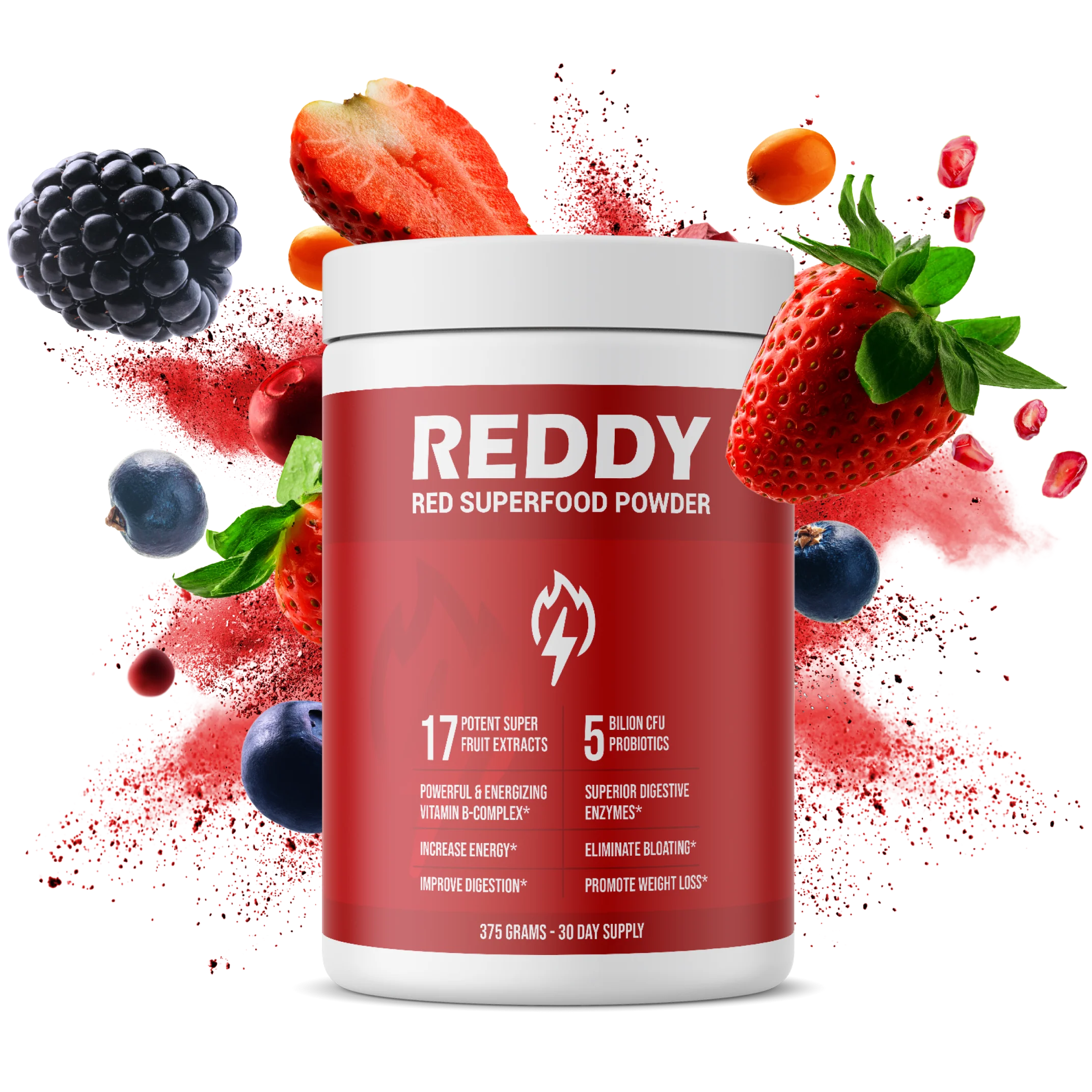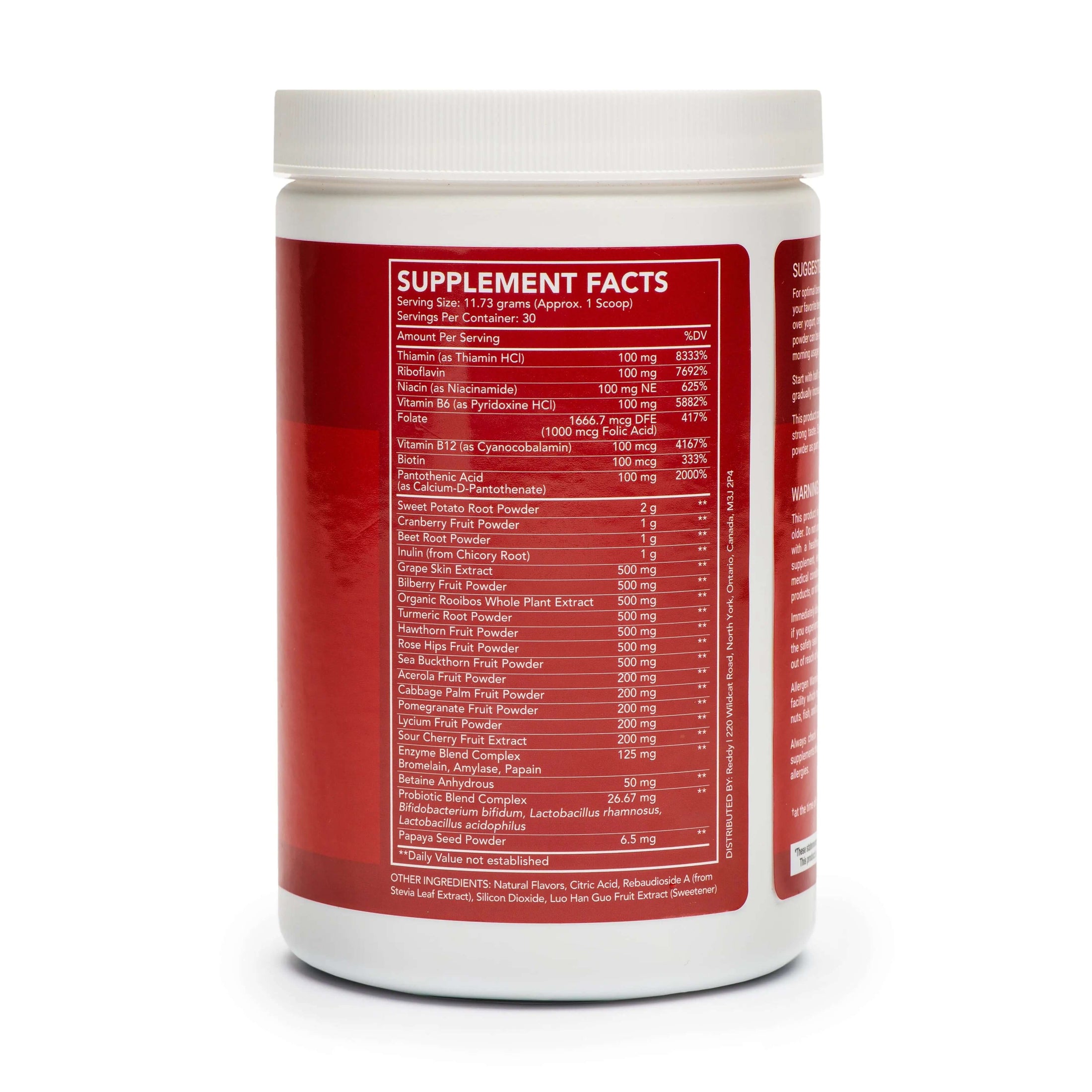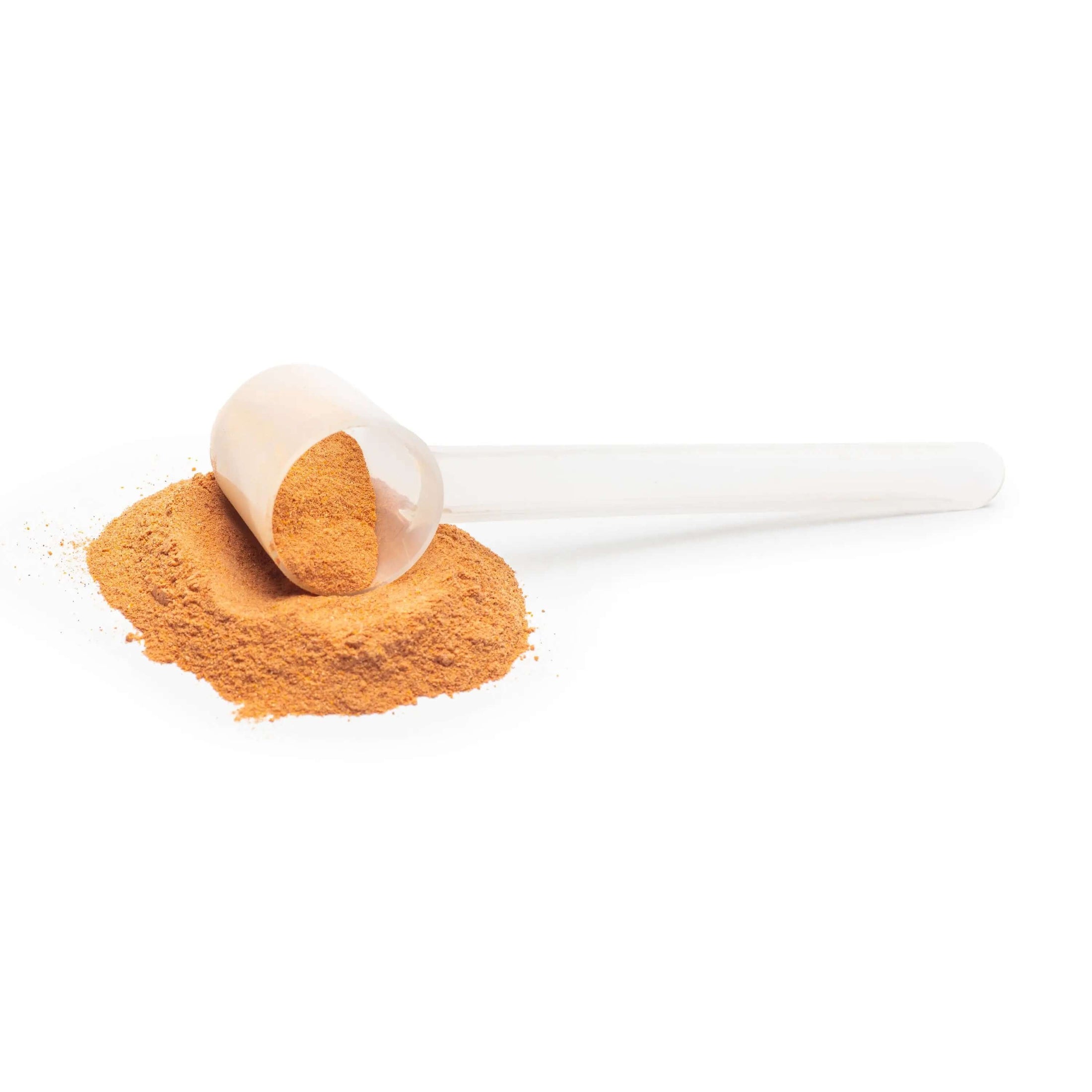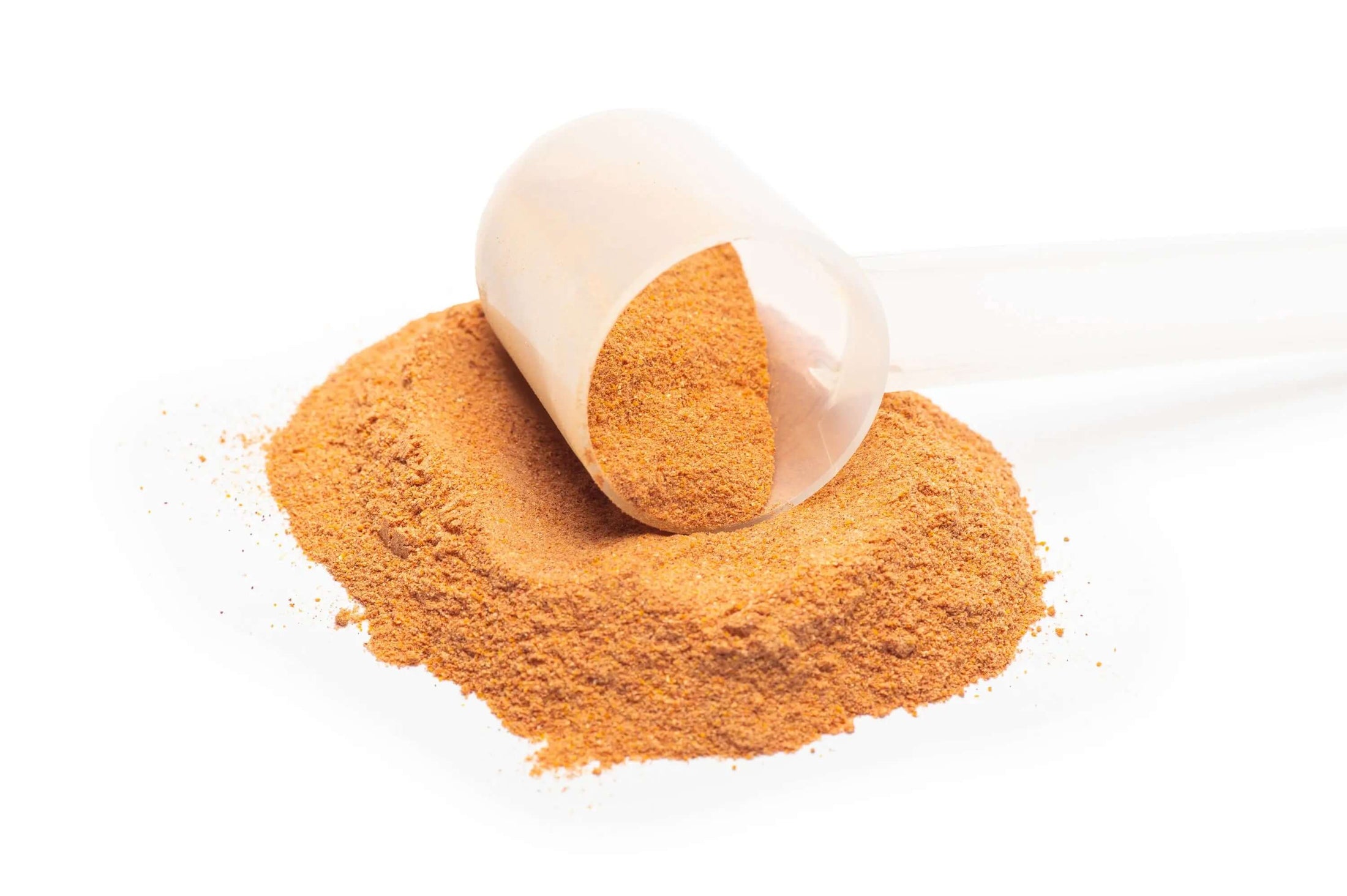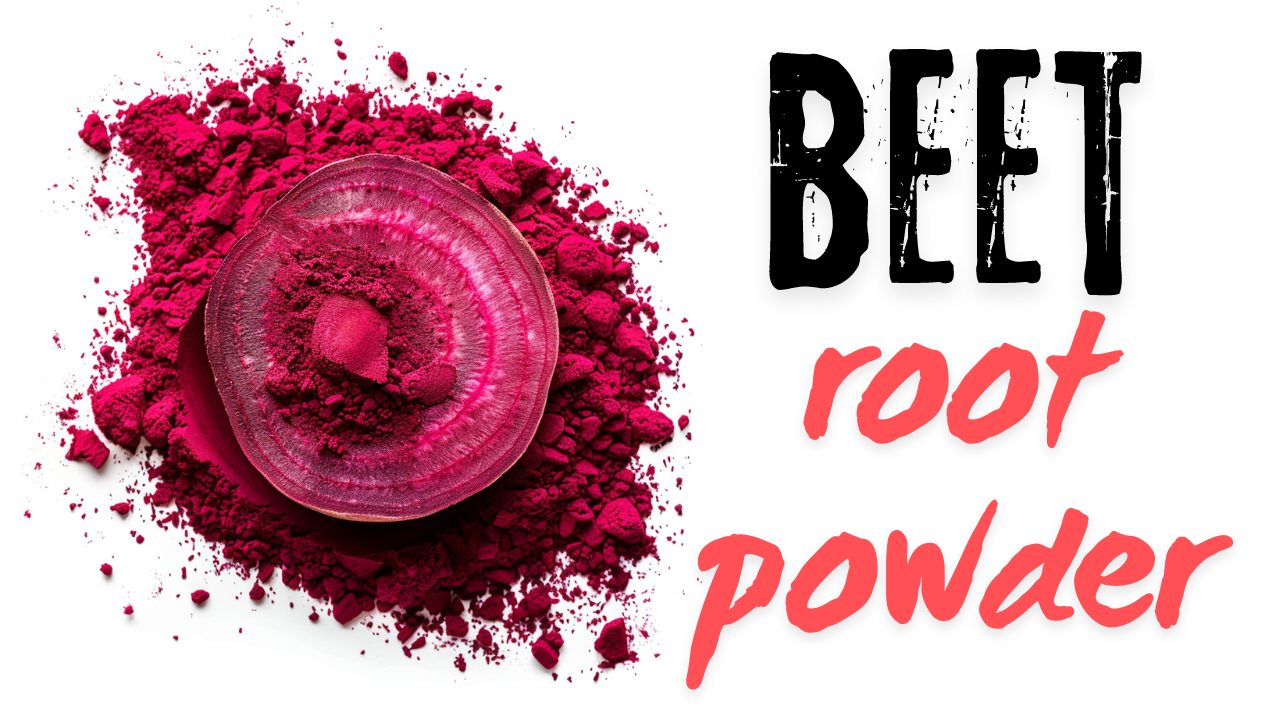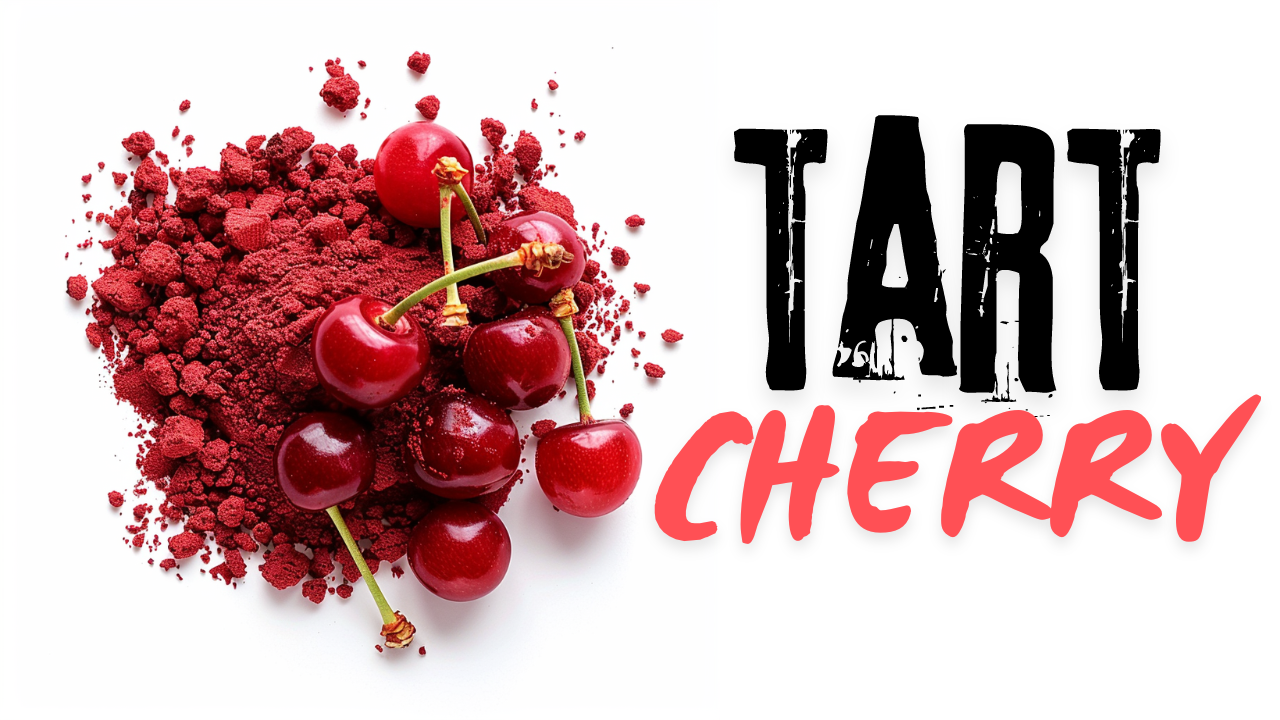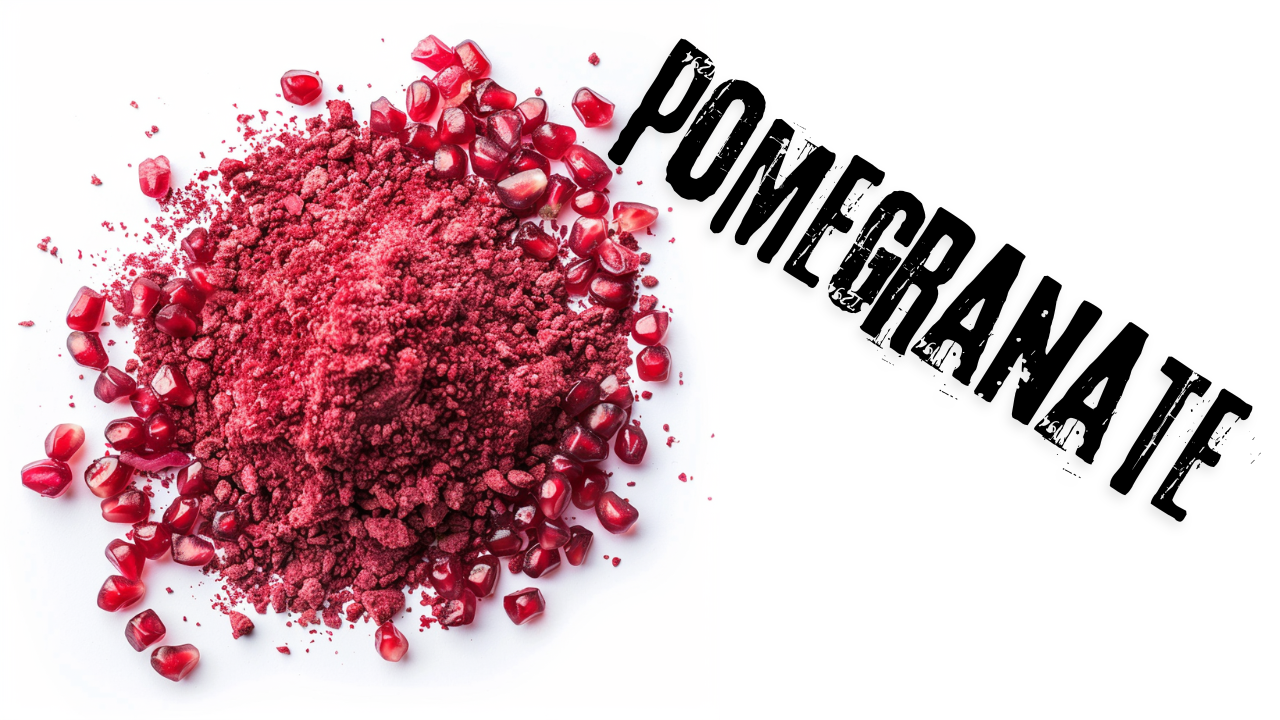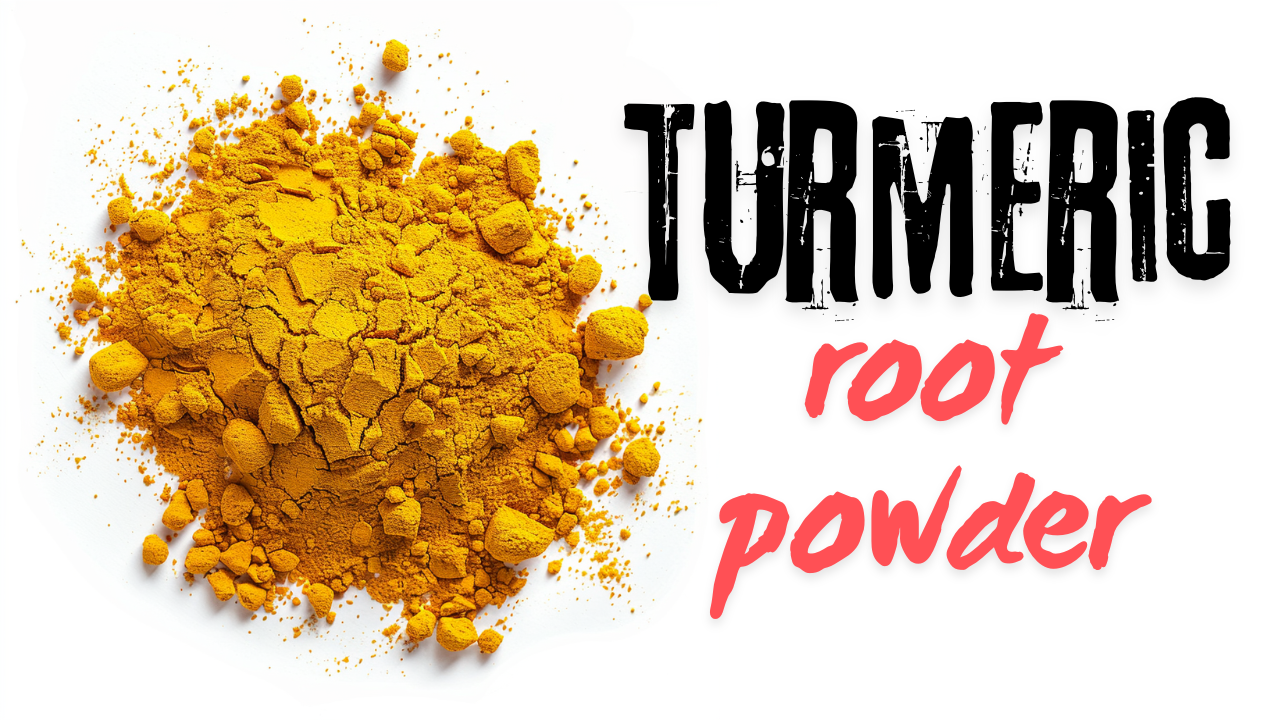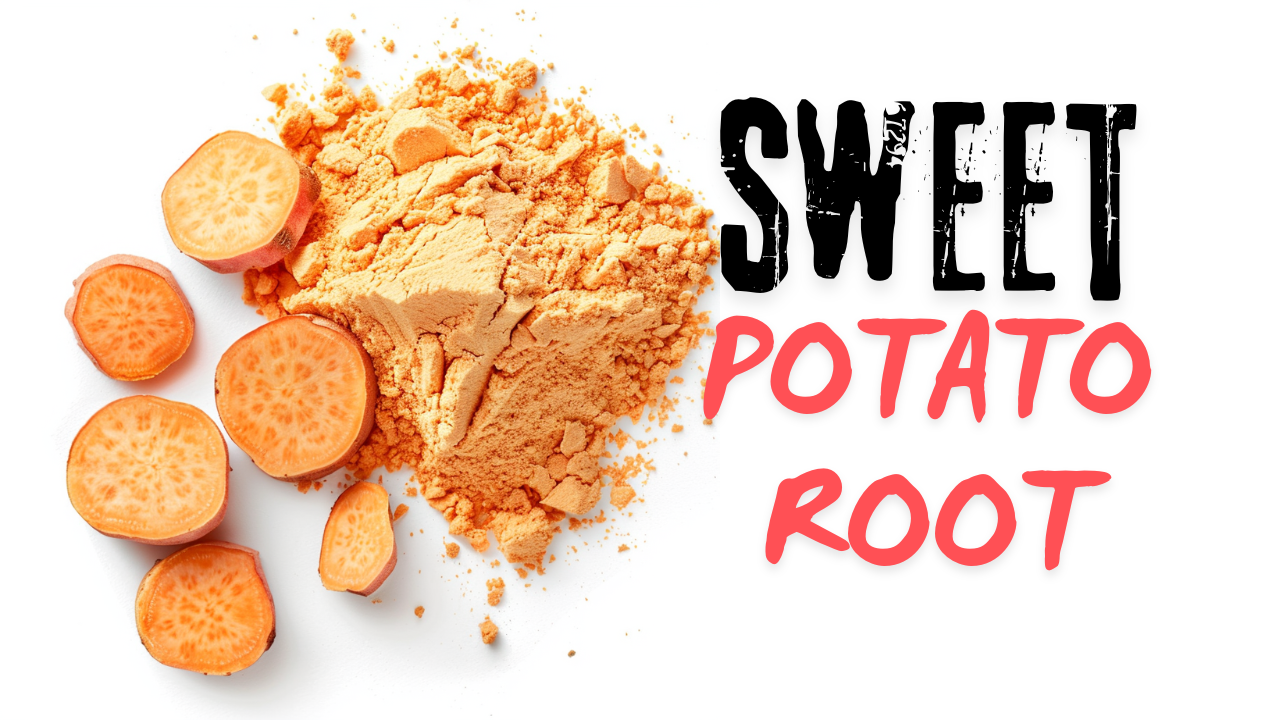Vitamin C, scientifically known as ascorbic acid, is an essential nutrient well-known for its pivotal role in the maintenance of overall health and well-being. This water-soluble vitamin is renowned for its antioxidant properties, immune support, and involvement in various bodily functions. This article provides an in-depth look at Vitamin C, its benefits, sources, recommended intake, and its role in the human body.
The Significance of Vitamin C
Vitamin C is crucial for the growth, development, and repair of all body tissues. It's involved in many body functions, including the formation of collagen, absorption of iron, proper functioning of the immune system, wound healing, and maintenance of cartilage, bones, and teeth.
Health Benefits of Vitamin C
-
Immune System Support: Vitamin C is widely recognized for its immune-boosting capabilities. It helps stimulate the production of white blood cells, which are key to fighting infections.
-
Antioxidant Properties: As an antioxidant, Vitamin C helps combat free radicals in the body, thereby reducing oxidative stress and potentially lowering the risk of chronic diseases.
-
Enhances Iron Absorption: Vitamin C improves the absorption of non-heme iron, the type of iron found in plant-based foods, which is especially beneficial for individuals with a vegetarian or vegan diet.
-
Collagen Synthesis and Wound Healing: This vitamin is essential for the synthesis of collagen, a key protein in skin, cartilage, and tendons, and plays a vital role in wound healing.
-
Potential Role in Reducing Heart Disease Risk: Some studies suggest that Vitamin C may help lower heart disease risk factors, including high blood pressure and high cholesterol levels.
Dietary Sources of Vitamin C
Vitamin C is abundant in a variety of fruits and vegetables. Leading sources include:
- Citrus fruits like oranges, lemons, and grapefruits.
- Berries such as strawberries, raspberries, blueberries, and blackberries.
- Kiwifruit, pineapple, mangoes, and papaya.
- Vegetables like bell peppers, broccoli, Brussels sprouts, and spinach.
Recommended Daily Intake
The recommended daily intake of Vitamin C varies depending on age, gender, and life stage. For adults, the recommended dietary allowance (RDA) is about 65 to 90 milligrams (mg) per day, with an upper limit of 2,000 mg per day. It's important to note that smoking and certain medical conditions can increase the need for Vitamin C.
Conclusion
Vitamin C is a critical nutrient with a wide range of functions and health benefits. It is readily available in many fruits and vegetables, making it accessible through a balanced diet. While supplements are available, obtaining Vitamin C through whole foods is preferable due to the additional nutrients and fiber they provide. As always, it's essential to consult with healthcare professionals regarding supplementation, especially for individuals with specific health conditions or dietary restrictions. Regular intake of Vitamin C is a cornerstone of a healthy lifestyle, contributing significantly to immune function, skin health, and overall wellness.










